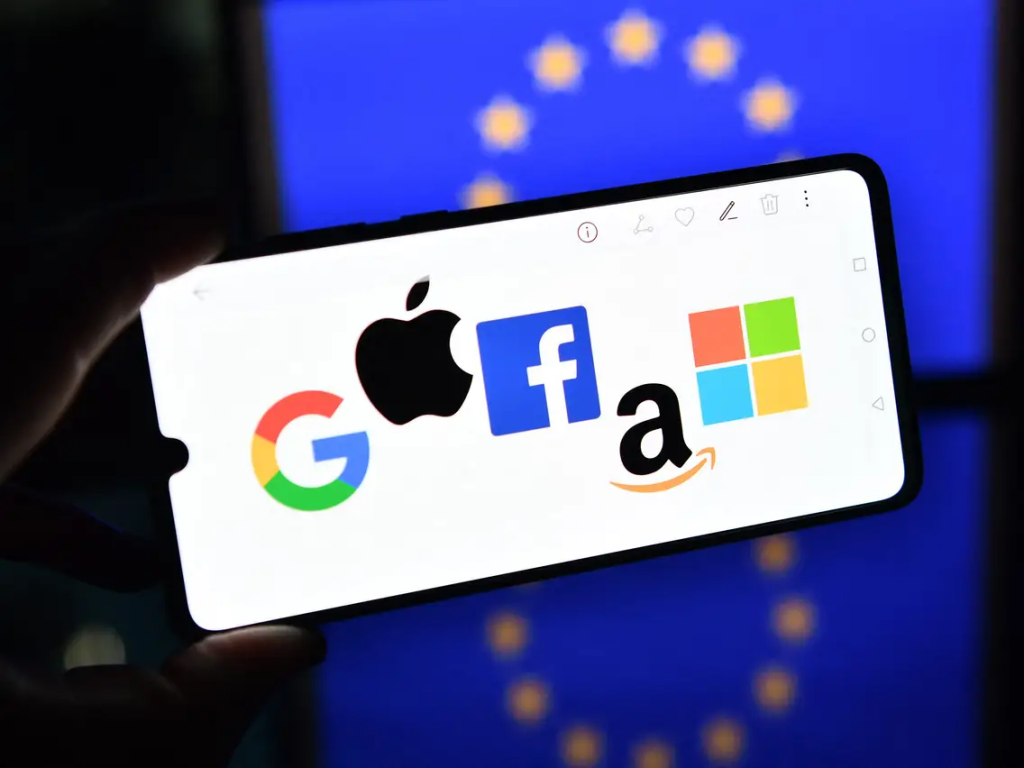Tech giants including Alphabet, Amazon, Apple, TikTok’s parent company ByteDance, Meta, and Microsoft are about to face stricter regulations in the European Union, as lawmakers announced their designation as “gatekeepers” under the EU’s Digital Markets Act (DMA).
The DMA, designed to enhance competition in the tech sector, imposes new rules on these companies to ensure a fair playing field and protect consumers’ interests. With this move, the EU aims to curb the immense economic power held by these tech giants.
Thierry Breton, the commissioner for the EU’s internal market, emphasized the significance of designating these companies as gatekeepers, stating that it would provide consumers with more choices and create opportunities for smaller innovative tech companies.
The DMA introduces several important regulations, such as prohibiting gatekeepers from preventing consumers from linking to businesses outside their platforms. This provision addresses issues like the Apple-Fortnite dispute, where the latter was removed from the App Store for encouraging users to pay through its own system. Additionally, the DMA mandates that platforms grant business users access to the data they generate when using the gatekeepers’ services.

The designations are categorized based on the companies’ services, including social networks, search engines, and video-sharing platforms. Among the designated gatekeepers, only Google, Amazon, and Meta’s advertising businesses fall under these new rules.
Miranda Cole, an antitrust and competition partner at Norton Rose Fulbright, noted that while the identities of the gatekeepers were expected, it would be intriguing to see who appeals these designations.
Some tech companies have expressed their concerns about these new regulations. A TikTok spokesperson, for instance, stated that they support the DMA’s goal of promoting competition but fundamentally disagree with the decision, as it may protect existing gatekeepers from emerging competitors like TikTok. They expressed disappointment that no market investigation was conducted prior to the decision.

Apple voiced concerns about privacy and data security risks posed by the DMA and pledged to focus on mitigating these impacts while delivering high-quality products and services to European customers. Meta is currently evaluating the designations and plans to provide further information as it works to comply with the DMA. Amazon is committed to delivering services that align with evolving European regulations and intends to collaborate constructively with the EU. Google’s legal director emphasized their commitment to working closely with the European Commission and other stakeholders to meet the DMA’s requirements while safeguarding the user experience and providing innovative products for European users.
In the coming months, these tech gatekeepers will need to adapt to these new regulations, potentially leading to significant changes in the European tech landscape.


